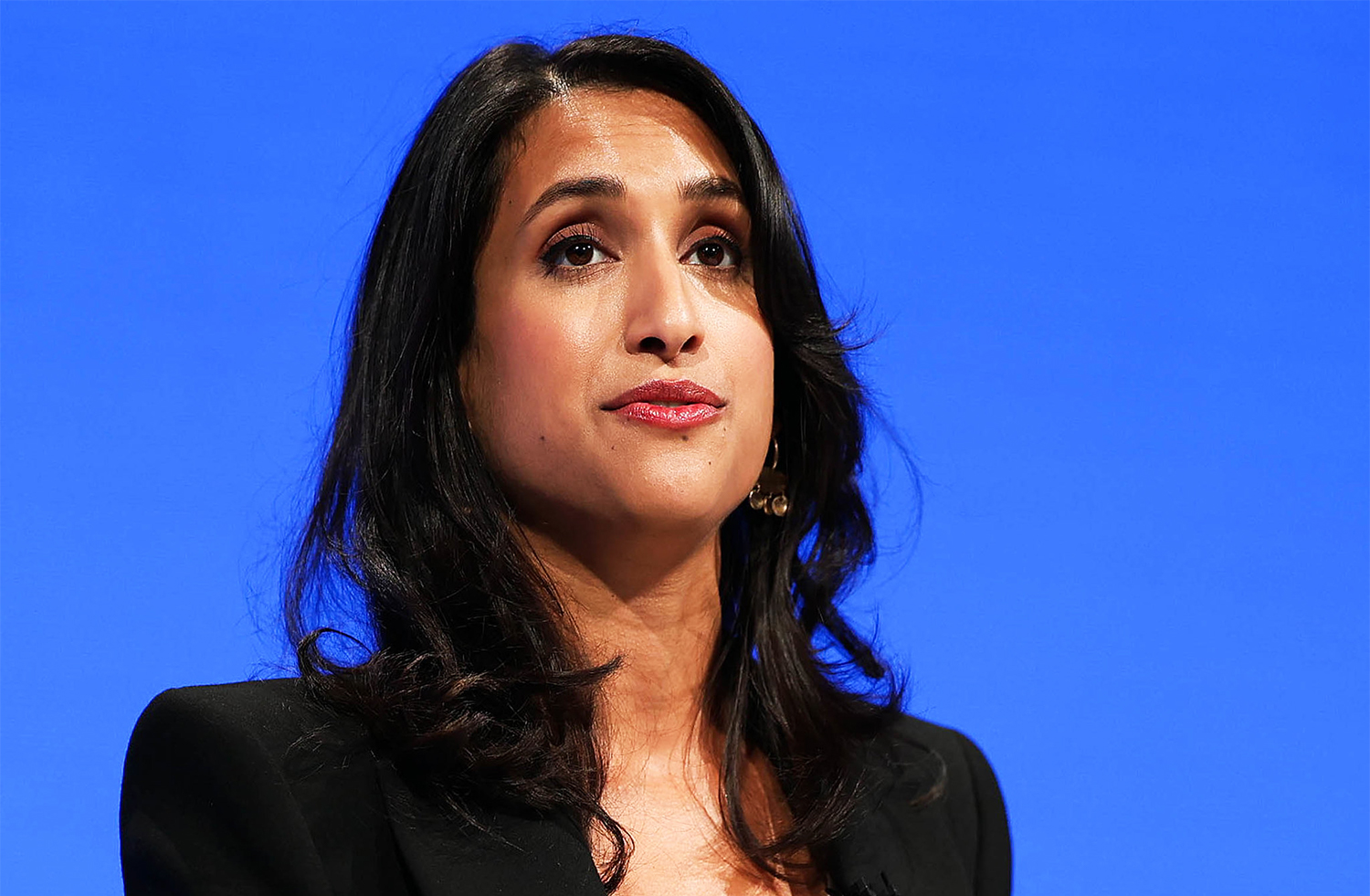Ministers in charge of the UK’s climate policies met with fossil fuel companies and lobbyists over 100 times last year, four times as much as they did external climate scientists, campaigners, and charities, DeSmog can reveal.
Across 2023, 12 major oil companies and industry lobby groups attended meetings 102 times with ministers in the Department for Energy Security and Net Zero (DESNZ), which leads the government’s climate change and energy policy.
Ministers met with BP executives on 26 occasions, almost once a fortnight. Representatives of Shell and Equinor both met ministers 18 times, in a year when the government rolled back several major climate pledges.
Net zero ministers met with two oil and gas lobbying groups – Offshore Energies UK (OEUK) and Fuels Industry UK – seven times. Both groups recently changed their names from Oil and Gas UK, and the UK Petroleum Industry Association respectively.
DeSmog previously revealed that OEUK and its members met with ministers over 200 times in the year after the Russian invasion of Ukraine as part of a lobbying blitz to undermine the proposed windfall tax on energy company profits.
The tax was launched in 2022 and aimed to raise £5 billion in its first year, but the policy contained loopholes including tax relief on investments in UK fossil fuel extraction. The tax raised £2.6 billion in its first year.
“The open door ministers give to oil and gas companies is a real concern, especially given the UK’s climate plans have just been ruled unlawful by the High Court and the government keeping the UK hooked on expensive, polluting fossil fuels,” said Isabella O’Dowd, the WWF’s head of climate policy.
“Households want lower bills, energy security and an economy fit for the future. To deliver these priorities, government should be focused on turbocharging the transition to cheap, clean British renewable energy to seize the huge economic benefits that a net zero future will bring.”
Meanwhile, 12 different green think tanks, climate scientists, UN climate representatives, and environmental charities attended ministerial meetings 27 times during the year.
That figure included 10 meetings with two net zero bodies run by the government: the Climate Change Committee, and the Net Zero Council.
Of the external groups met with by ministers, only one group – the Green Alliance environmental think tank – met ministers more than twice.
Ministers met with the WWF on two occasions, and the UN Climate Envoy, Greenpeace, and the Intergovernmental Panel on Climate Change (which produces annual reports into the global state of climate change) once.
Net Zero Rollback
These ministerial oil and gas industry meetings came as the government backtracked on several policies designed to meet the UK’s 2050 net zero emissions target.
In July, Prime Minister Rishi Sunak confirmed that his government planned to issue hundreds of new oil and gas licences, a move condemned by opposition MPs and charities. Oxfam’s climate policy adviser Lyndsay Walsh said the move “will send a wrecking ball through the UK’s climate commitments”.
Sunak has said his government intends to “max out” the UK’s oil and gas reserves, and has legislated to introduce annual North Sea licensing rounds. This is despite the International Energy Agency stating that new fossil fuel exploration is “incompatible” with the Paris Agreement target of limiting global heating to 1.5C.
Regulators also approved government plans for the development of the controversial Rosebank oil field, even though the project has been dubbed a “carbon bomb” by environmental law charity ClientEarth.
In September, the government also scrapped a number of net zero pledges, including pushing back a ban on the sale of combustion engine vehicles, and weakening plans to phase out gas boilers.
These new findings come after DeSmog revealed that government ministers offered fossil fuel executives advice on how to communicate to the public about their polluting activities.
A spokesperson for DESNZ called the analysis “selective” and said it didn’t take into account meetings with other groups like foreign governments, trade unions or renewable energy companies that informed the government on its climate policy and efforts to reach net zero.
They added that it would be “expected for ministers to meet with oil and gas companies – the industry supports around 200,000 jobs, provides the skills needed for the green transition, and will still be needed by the UK even when we reach net zero in 2050”.
Subscribe to our newsletter
Stay up to date with DeSmog news and alerts







